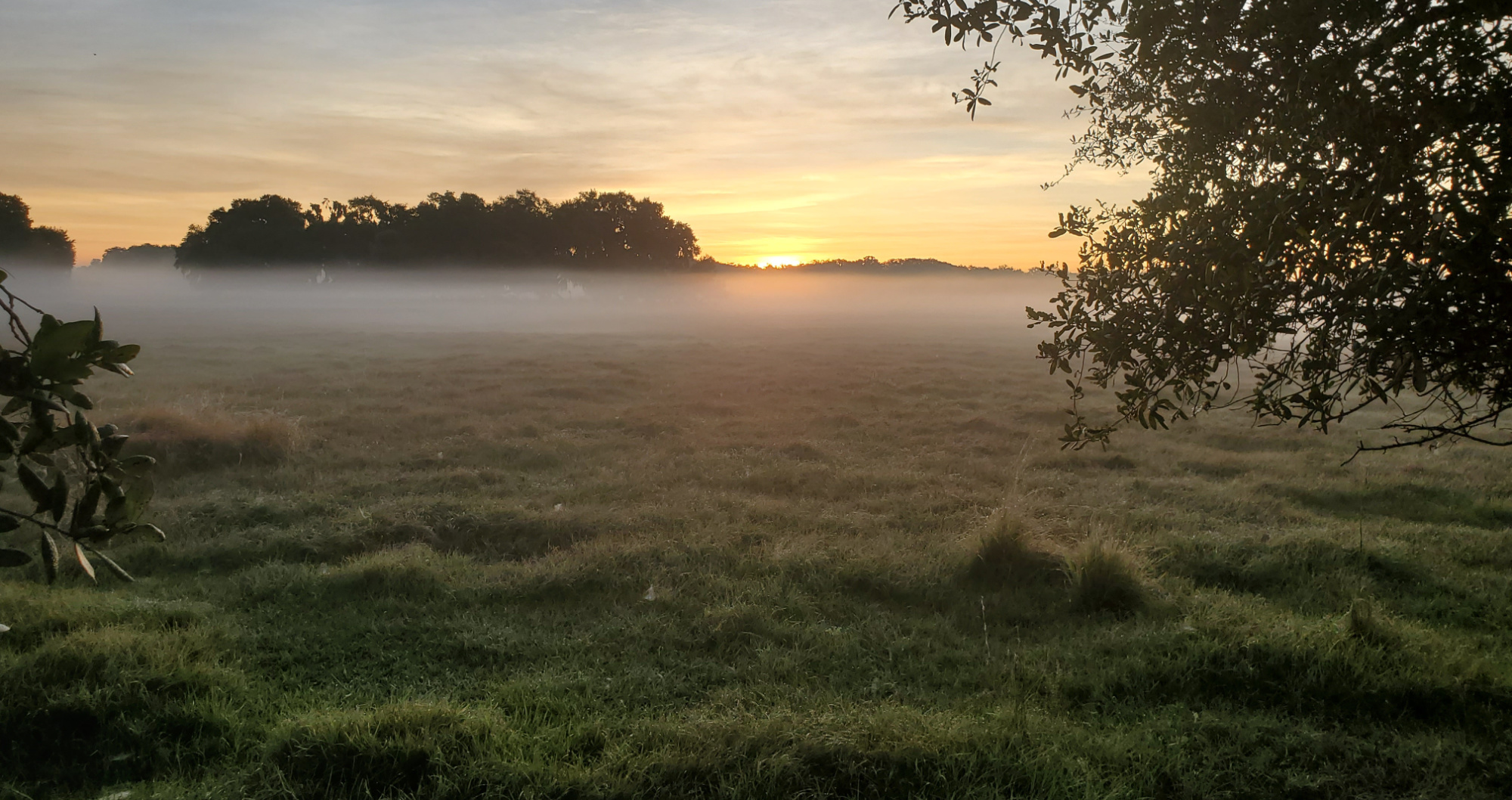Explaining why we had been issued pencils without erasers, our instructor said, “This is a drawing class, not an erasing class.” I’m sure she was right. We had only 30 minutes to draw an animated character, so if we focused on fixing our errors—and mine were numerous—we would not have completed our drawings. Although my work is not destined to be displayed in the Louve (or even the loo), my artistic talents were stretched.
As I walked out of the class, inspired to keep trying, I thought of something Paul included in his letter to the Philippians. Paul is the guy who had approved of Stephen’s execution and then continued, “ravaging the church, and entering house after house, he dragged off men and women and committed them to prison.” (Acts 8:3) After leaving that life behind, he wrote, “One thing I do: forgetting what lies behind and straining forward to what lies ahead, I press on toward the goal for the prize of the upward call of God in Christ Jesus.” (Philippians 3:13-14) That’s living life with a pencil and no eraser. Not that our sins don’t need confession and forgiveness, but to dwell on them prevents us from moving forward.
When I was a boy, my mother once brought me to see Sheriff John, my favorite kid show host. He often played a game in which he would scribble on a large sheet of paper and then invite a child to turn it into a picture. From a grotesque scribble to a work of art—that’s what God does with our sin. Paul put it this way: “We all once lived in the passions of our flesh, carrying out the desires of the body and mind, and were by nature children of wrath (In other words, we were grotesque scribbles). But God, being rich in mercy…made us alive together with Christ (in other words, magnificent works of art).” (Ephesians 2:3-5)
